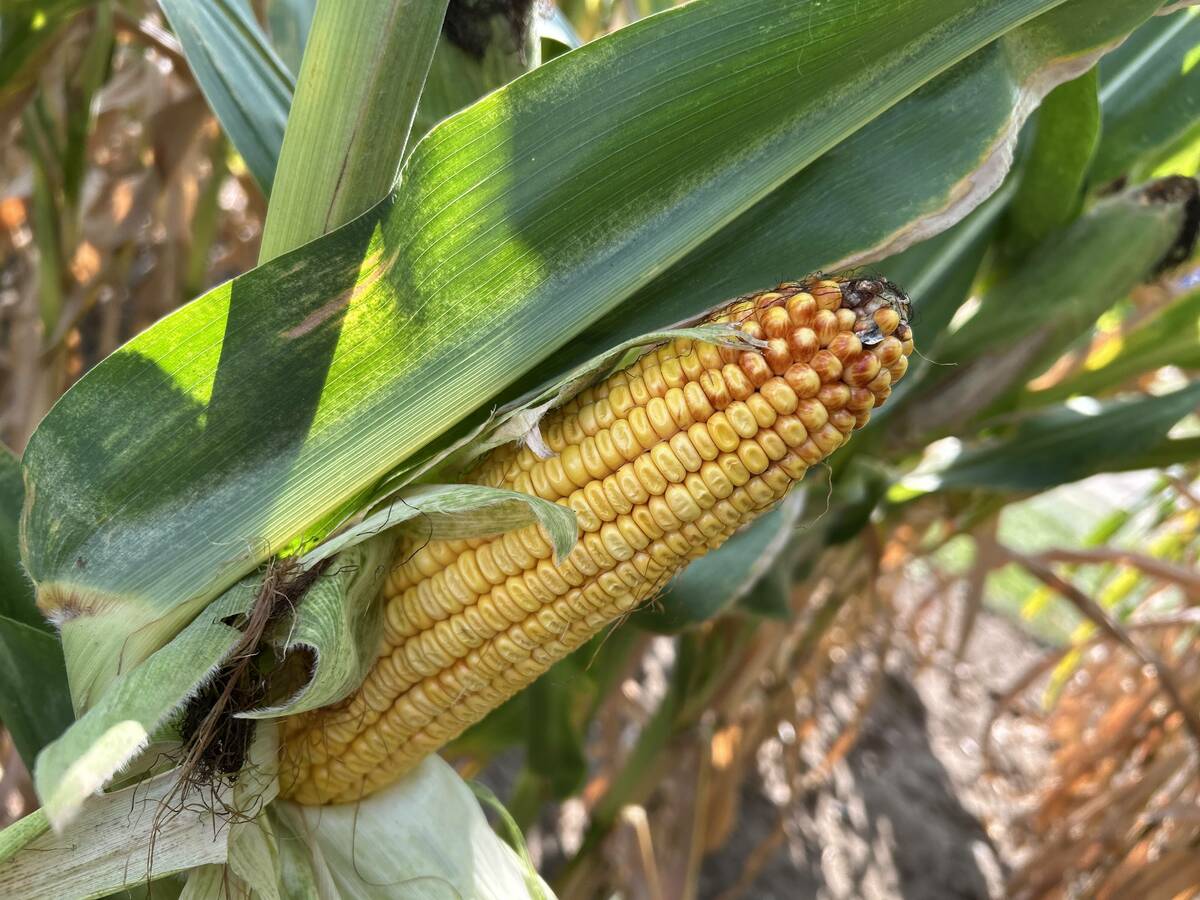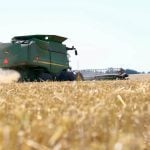As they have since the Liberal party began to shrink into a “downtown urban party” years ago, rural Liberals meeting in Ottawa last weekend wondered why and how to fix it.
“We’ve got some work to do in rural Canada,” Liberal rural caucus chair and rookie Newfoundland MP Scott Andrews said as the party opened a session on rural issues Jan. 13 during the Liberal biennial convention in Ottawa.
“If we are going to win the next election, we have to start to win back some of the rural ridings we have lost.”
Read Also

Crop estimates show mixed results
Model-based estimates used by Statistics Canada showed the 2025/26 crop year has seen increases in canola, corn for grain, oats and lentils production while seeing dips in spring wheat, durum wheat, soybeans and barley in comparison to 2024/25.
The easy part was promising to do it.
During a caucus accountability session late Jan. 14, a delegate asked the assembled caucus to stand up if they agreed that the “keys to 24 Sussex” are in part available in rural Canada.
The entire caucus rose with dreams of one day again occupying the prime minister’s residence.
Figuring out the “how to do it” and “why it happened” parts proved more difficult.
At the Jan. 13 session where MPs and senators met with convention delegates, veteran Prince Edward Island MP Wayne Easter said the Liberals in the May 2 election campaign “had one of the best rural policies ever. The problem was no one knew it.”
The election led to the worst Liberal showing in Canadian history, third party parliamentary status for the first time and the loss of more rural Liberal seats, reducing the rural caucus to a mainly Atlantic Canada rump.
Better communication is an answer, said Easter. Better rural outreach is required.
Liberal agriculture critic Frank Valeriote from Guelph, Ont., said a killer issue in rural Canada was the decision by the party, which was imposed by then-leader Michael Ignatieff, to oppose Conservative proposals to end the long gun registry in favour of retaining it with reforms.
“The issue of the gun registry was the key in rural ridings and the result,” he said.
A delegate from rural Alberta reinforced the gun registry analysis.
“I couldn’t believe the backlash in my community when that policy was announced,” he said.
However, the argument that Liberals failed in rural ridings because of a failure to communicate or because the Conservatives derailed the campaign with negative advertising cut no ice with delegates.
“The party has lost its way in rural Canada,” said a southern Ontario Liberal.
A delegate from southwestern Saskatchewan said getting the message out was not a problem. Candidate Duane Filson went up against Conservative David Anderson, and while farmers in the riding voted overwhelmingly for Canadian Wheat Board single desk supporters in CWB elections, they also voted overwhelmingly for anti-single desk Anderson.
“It wasn’t that people didn’t know our positions,” the delegate said. “It is that they don’t believe a thing the Liberals say.”
The Liberal answer on how to change that was to approve, as the first priority resolution, a general statement in support of a national food strategy “that will address food supply, sustainable farm income for farmers, agricultural employment, environmental sustainability and a secure food supply for Canadians.”
Although the resolution came from the P.E.I. Liberal party, Easter said in an interview it was “general motherhood” that did not address specific actions or policies.
The resolution, which was approved by convention delegates without debate, could also raise some eyebrows in the farm lobby outside the Canadian Federation of Agriculture.
It said a future Liberal government should “create a partnership between Agriculture and Agri-Food Canada and the (CFA) to develop a national food strategy.”
The CFA has been promoting a national food strategy. The Liberal resolution said the Conservative government has “centred its focus on industry matters and not on consumer interests in having a sustainable Canadian food industry for Canadians.”
Meanwhile, the rural issues session also brought a complaint from an urban Ontario delegate about genetically modified food and the Liberal position.
Valeriote said GMO technology must be part of future agriculture.
“I have not seen any peer-reviewed evidence that indicates genetically modified products approved for the market are a danger for human health,” he said. “If you have contrary evidence, please bring it to me.”
Easter’s argument to delegates was that a Conservative majority government was the best weapon the party has in rural Canada.
As prime minister Stephen Harper and his government enact their rural strategy over the next four years, rural Canadians will see that the Conservative agenda is not rural friendly, he said.
“I really believe that having a majority Harper government will show rural Canada that their agenda is not rural Canada’s agenda and they will start to look for alternatives.”














